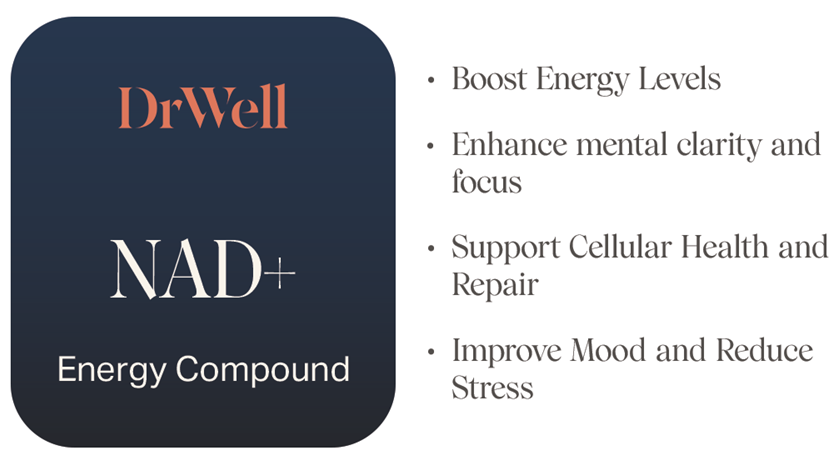
Whether it’s because patients worry whether they’ll wake up or not, more and more patients want to avoid general anesthesia if possible during their cosmetic procedure. And they’re in luck because most of the time, we can accommodate them!
With the right combination of medications and experience level of the anesthesiologist, your procedure can be done under a “twilight”, “monitored anesthesia care” or “local” – all types of anesthesia that are seen as less scary than general anesthesia.
Four types of anesthesia: A little background
There are 4 major types of anesthesia. Local anesthesia is when the doctor injects lidocaine (also know as xylocaine) into the surgical site. This can be as simple as taking a syringe and just injecting the anesthetic directly under the skin so the patient feels nothing.
This compares to regional anesthesia where the lidocaine or longer lasting medication is injected near a major nerve so a whole region of the body is numb (think epidural during pregnancy that numbs up the lower half of the woman’s body!).
Next you have monitored anesthesia care that goes by many names (twilight, MAC, conscious sedation) but means the same thing. By injecting medication like propofol or valium through an IV, the patient becomes very relaxed, may take a nap and forgets the whole procedure. This is similar to the anesthesia one experiences during a colonoscopy.
Lastly, you finally have general anesthesia which means you’re given IV medication and even “laughing gas” to put you into a deep slumber. Since you sleep so heavy, you may forget to breath which is why a ventilator is used to keep you breathing. A medication to paralyze you is often necessary with a general anesthetic so you’re relaxed enough to allow the ventilator to breathe for you. The idea of a machine breathing for you or temporary paralysis are two reasons why so man people fear general anesthesia.
The medications used these days really are safe, so avoidance of general anesthesia just because you may not wake up isn’t a realistic concern. Oh you wanna bring up Michael Jackson?! That’s an example of using propofol, a perfectly good medication for surgery, as a sleeping aid without any monitoring as you would normally have in an operating room. Propofol wasn’t the problem. Lack of medical judgement on the part of the cardiologist administering the propofol was the problem.
Even though you can avoid general anesthesia during a facelift, eyelid lift or breast augmentation (with a combination of local anesthesia and conscious sedation), there are some procedures requiring general anesthesia. For example, if you need to be turned onto your stomach for a procedure like a Brazilian Butt Lift, you’ll need general anesthesia. Here’s the reason: when laying face down, you may have trouble breathing on your own so a breathing tube is a requirement. With a breathing tube in place, your doctors can feel comfortable that you’re getting the oxygen you need and not sleeping so heavily you forget to breath.
Another operation requiring general anesthesia is when it’s too difficult to numb the site of surgery. An example of this is a brow lift. A brow lift requires drilling screws into the skull (weird I know) and you simply can’t numb up the skull enough to do this procedure under conscious sedation, only a general anesthetic will do the job.
If you’re wondering if your procedure of interest requires general anesthesia, feel free to ask in the comments section below and we’ll get back to you.



